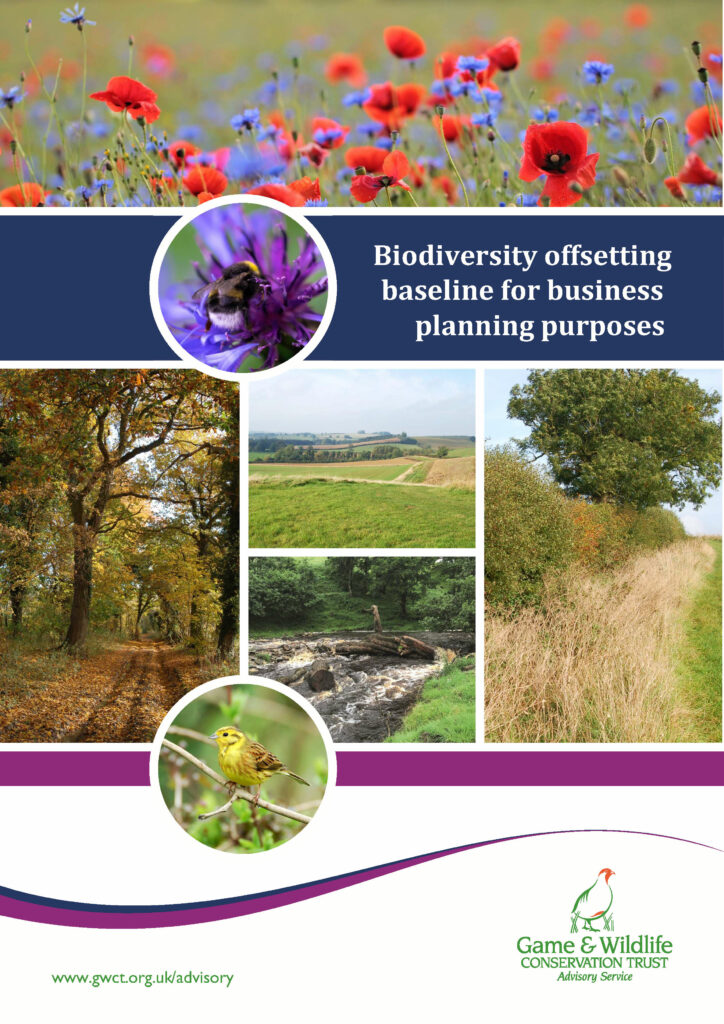
Natural Capital Advisory (NCA) has now completed its first round of Baseline Biodiversity Audits for the Environmental Farmers Group (EFG). Grant funding from Defra through the Natural Environment Investment Readiness Fund enabled NCA to deliver subsidised biodiversity audits to over 20 farmers in the group across the Hampshire Avon area with a further 20 scheduled for spring 2023.
NCA’s Biodiversity Baseline Audits provide guidance on where biodiversity can be enhanced without taking large areas of land out of food production.
As the audit follows Defra’s ‘Biodiversity Metric 3.1’, the outcomes will be very relevant to trading biodiversity in the form of Biodiversity Net Gain (BNG) credits as new legislation is brought into force in 2023. This new legislation will require all housing and infrastructure developments to offset the biodiversity loss of their developments. This offers an opportunity for farmers and land managers to fund biodiversity enhancements across their farm.
By completing the Biodiversity Audit, farms are able to get an understanding of their ‘tradeable headroom’ – i.e. how many biodiversity credits could be created by making certain changes on the farm – whether that is improving condition of existing woodland, hedgerows or pond, planting new hedges or creating more biodiverse grasslands. The advice provided by the team from their on-ground audit helps translate credits into physical changes on the ground.
For the EFG, a key strength of completing biodiversity audits will be to market tradeable headroom to the market – whether that is housing developers, local authorities or the corporate ESG market. By working together, the members of the EFG will be able to attract these buyers and trade efficiently at a fair market price.
Roger Draycott, Director of GWCT Advisory, commented: “For generations, farmers and landowners have either self-funded habitat improvements on farmland or secured public sector grants through agri-environment schemes. These audits provide the information required to help farmers and landowners make strategic decisions and help secure external private sector investment in on-farm habitat improvements that work alongside productive agriculture.”